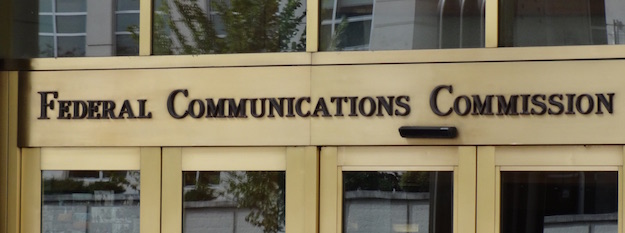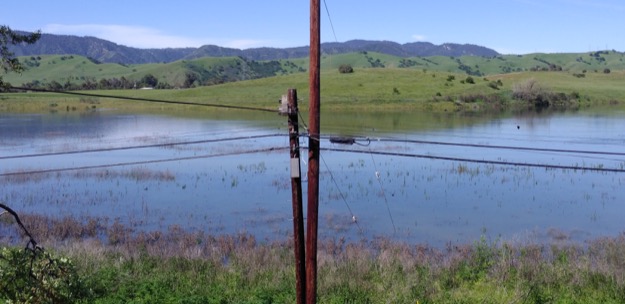Charter continues fight against broadband upgrades in low income California communities

Monopolising low income communities and soaking residents for expensive television and broadband service packages seems to be a key element in Charter Communications business strategy, and it’s continuing its fight against broadband subsidies that might break that stranglehold.
Even in places where it has twice challenged broadband grants, and twice lost.
Charter wants to block two broadband infrastructure projects – one in Santa Cruz County and one in Kern County – approved by the California Public Utilities Commission for subsidies from the California Advanced Services Fund (CASF) last year.… More









